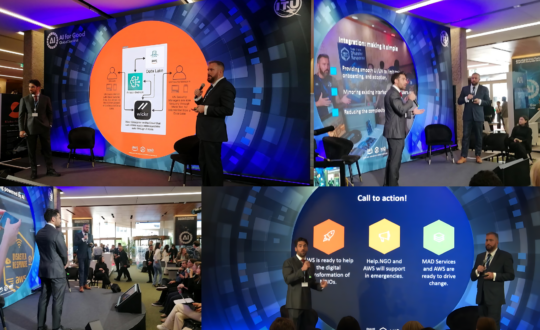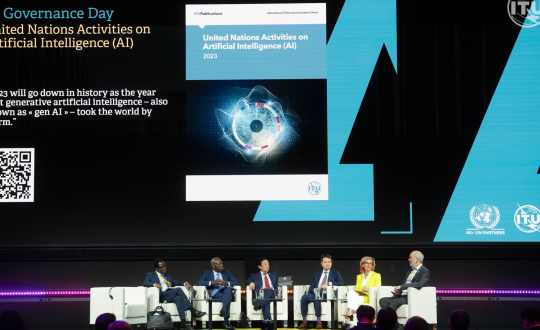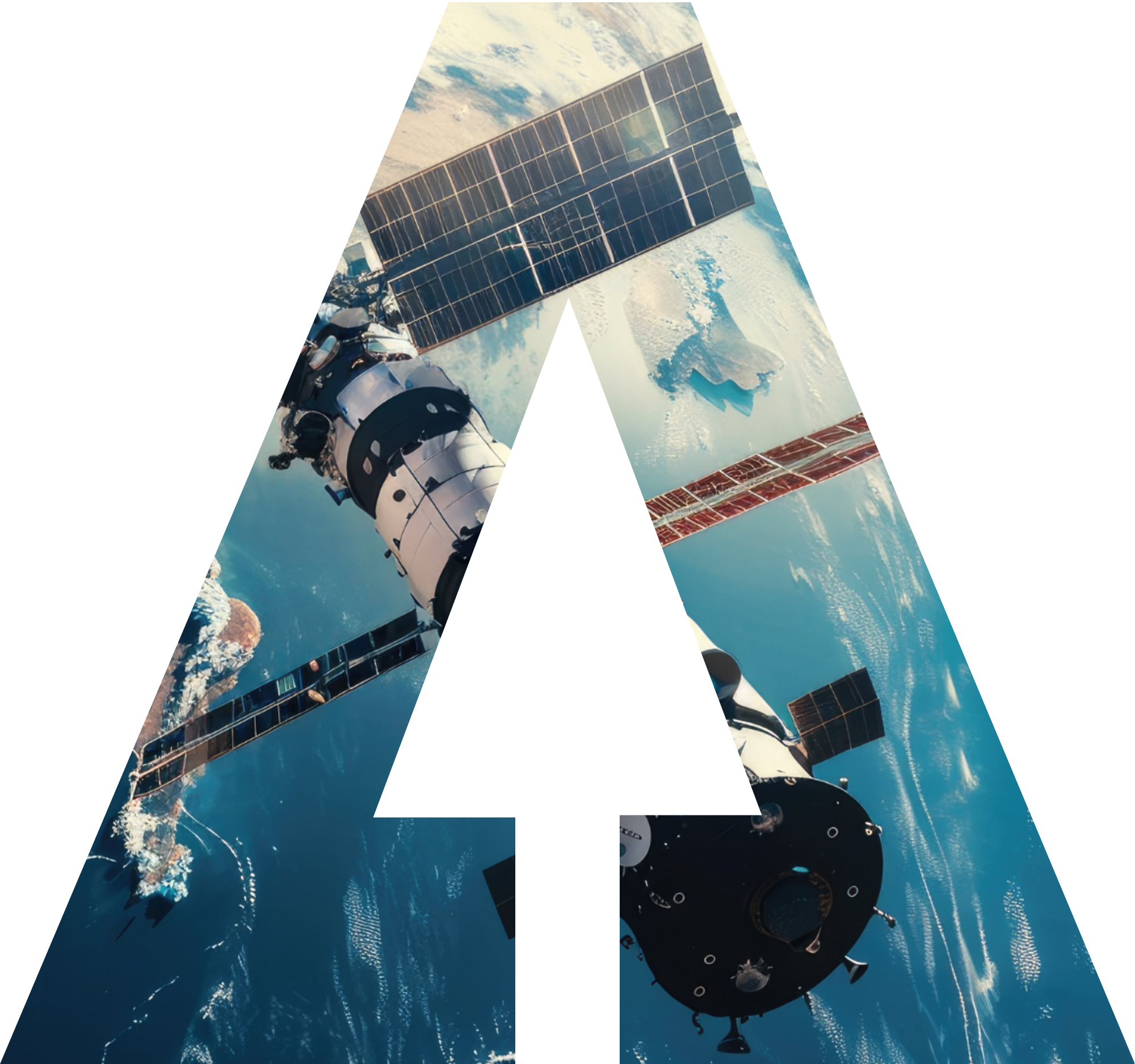By Rukevwe Omoro, edited by Celia Pizzuto
In today’s fast-paced world of artificial intelligence (AI), the conversation about its growth and use is more crucial than ever. Tristan Harris, co-founder and executive director of the Center for Humane Technology, has emerged as a key figure in discussing the ethical and societal impacts of AI. In his recent talk at the AI for Good Global Summit, titled “The AI Dilemma: Navigating the Road Ahead,” Harris explored the complex and pressing issues that AI technologies present.
“AI gives us kind of superpowers. Whatever our power is as a species, AI amplifies it to an exponential degree,” Harris said.
He explained that while AI has the potential to greatly enhance human capabilities, it also introduces significant risks that must be understood and managed.
Harris highlighted the dangerous incentive structures that currently define AI development. He argued that the race to deploy AI capabilities as quickly as possible, driven by competitive pressures among tech companies, is leading to a scenario where safety and ethical considerations are often sidelined. This “race to the bottom” is reminiscent of the early days of social media, where the focus on engagement led to widespread societal issues such as misinformation and addiction.
“If we don’t understand the risks appropriately then we won’t get to that positive future,” Harris warned.
One of the central themes of Harris’s talk is the exponential growth of AI capabilities and the corresponding lag in our governance structures. He likened the situation to “24th-century technology crashing down on 20th-century governance,” highlighting the inadequacy of current regulatory frameworks to keep pace with technological advancements. Harris emphasized the need for a significant overhaul in how we approach AI governance, advocating for a proactive rather than reactive stance.
Harris also delved into the specific risks associated with generative AI, such as large language models (LLMs) like GPT-4. These models, while capable of remarkable feats, also pose significant risks, including the potential for creating deep fakes, perpetuating biases, and enabling new forms of fraud and crime. Harris stressed that the deployment of such technologies without adequate safeguards could lead to catastrophic consequences, drawing parallels to the development of nuclear weapons during the Manhattan Project.
“No matter how high the skyscraper of benefits that AI assembles, if it can also be used to undermine the foundation of society upon which that skyscraper depends, it won’t matter how many benefits there are,” Harris warned.
A recurring theme in Harris’s presentation is the call for more ethical and humane design of AI systems. He advocated for the creation of standards and guidelines that ensure AI technologies respect human values, dignity, and rights. This includes involving diverse and inclusive stakeholders in the design and evaluation processes to ensure that AI systems are aligned with the broader interests of society.
Harris underscored the importance of global collaboration in addressing the challenges posed by AI. He called for consensus among Western nations to establish guardrails for AI companies and emphasized the need for international cooperation to create robust regulatory frameworks. This includes the establishment of a new agency for technology oversight that can monitor and audit AI systems for safety, fairness, accountability, and transparency.
Harris also highlighted the disparity between the rapid development of AI capabilities and the focus on safety measures. He noted that there is currently a 30 to 1 gap between those publishing papers on AI capabilities and those on AI safety, emphasizing the urgent need for more resources dedicated to AI safety and ethical considerations.
Another key point in Harris’s talk was the potential of using AI to improve governance itself. He suggested that AI could be used to optimize laws and make governance more efficient.
“We need to be thinking about how do we use technology to upgrade the process of governance itself so it moves at the speed of technology,” Harris said.
Tristan Harris’s presentation at the AI for Good Global Summit serves as a stark reminder of the urgent need to navigate the road ahead with caution and foresight. As AI continues to evolve at an unprecedented pace, the stakes have never been higher. Harris’s call for ethical AI development, robust governance, and global collaboration provides a roadmap for ensuring that AI technologies benefit humanity while mitigating their potential risks. The challenge now lies in translating these principles into actionable policies and practices that can keep pace with the rapid advancements in AI technology.

















